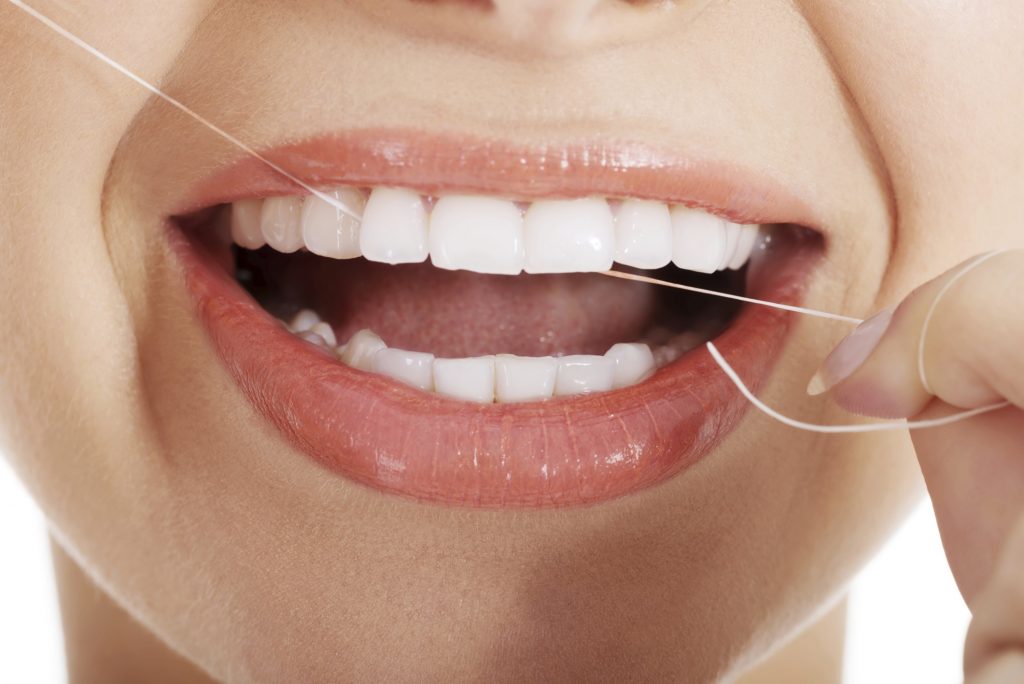
If there is anything we know about our teeth, it’s that we need to take care of them if we want to keep them. Because if we don’t, there are a myriad of dental issues that can arise. But how do you know if you’re doing a good job? Believe it or not, but many people think they have it down pat and they are mistaken. The average person spends around 30 seconds brushing their teeth; dental professionals recommend a minimum two minutes. To celebrate National Dental Hygiene Month, let’s break down proper dental hygiene technique. If these tips sound familiar, you’re in great shape…
- Brush twice a day for at least two minutes each session
- Floss once a day before you sleep
- Limit daily snacks, especially those full of sugar
- Visit the dentist every 3-6 months for regular checkups and cleanings
When brushing your teeth, time alone isn’t the only factor – you need to make sure that every surface is brushed and cleaned as thoroughly as possible to keep those cavity creeps at bay. Do not focus solely on the ones people can see. Use short, gentle strokes, paying extra attention to your gums, back teeth and all areas around dental work to give yourself the best cleaning.
Flossing is one of those things everyone pretends they do, but rarely do. When it comes to flossing, follow the following technique:
Start with about 18 inches of floss, hold it between your thumbs and index fingers, then gently slide it in between the gaps of your teeth. Slowly move the floss back-and-forth to bring it away from your teeth without causing any harm. Your dental appointments are going to be a breeze!
If you have questions or concerns about dental hygiene, make an appointment today with Dr. Philip Schnall at 212-247-7059 or visit our website at www.philipschnalldmd.com.
Dr. Schnall proudly serves New York and all surrounding areas.


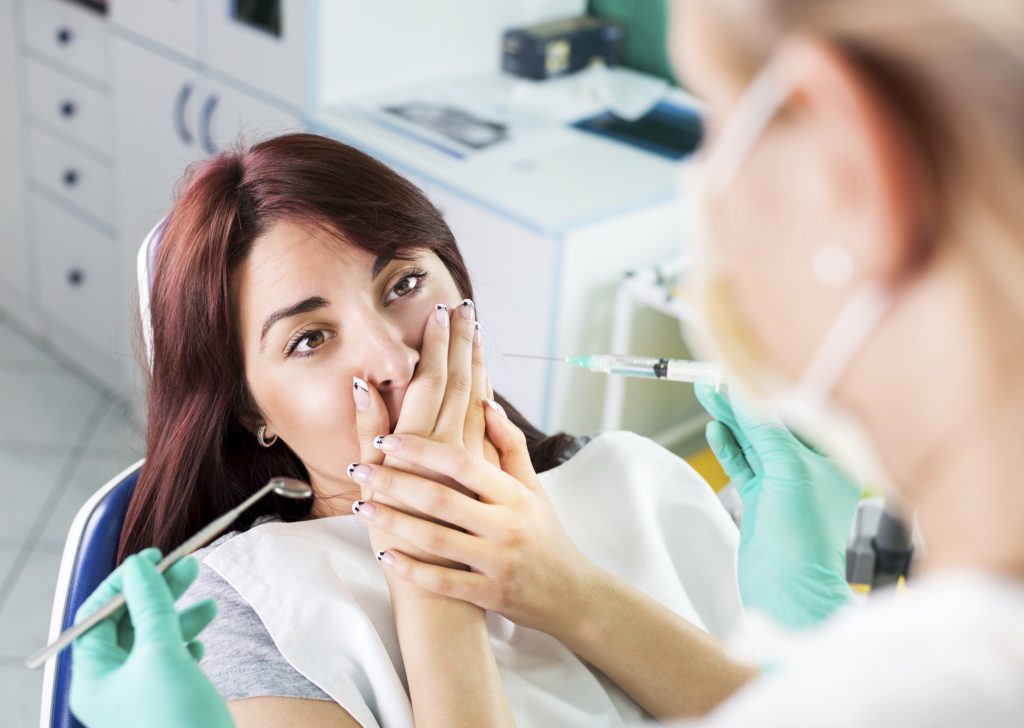
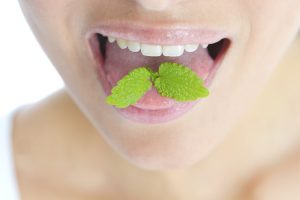
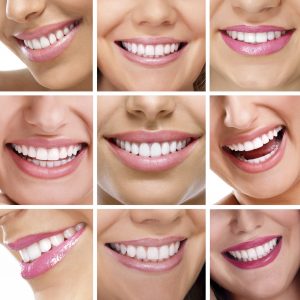
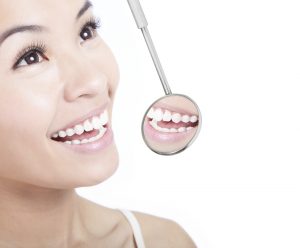
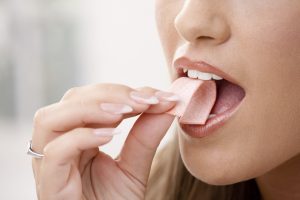 Periodontal disease is one of the most common problems Americans face – as many as half of American adults have some level of periodontal disease, and that percentage increases at higher ages. Periodontal, or gum, disease can take many forms – from mild gingivitis, with symptoms like red inflamed gums to severe periodontal disease, where pus from infections can push teeth from their socket.
Periodontal disease is one of the most common problems Americans face – as many as half of American adults have some level of periodontal disease, and that percentage increases at higher ages. Periodontal, or gum, disease can take many forms – from mild gingivitis, with symptoms like red inflamed gums to severe periodontal disease, where pus from infections can push teeth from their socket.
 We know the importance of looking after our teeth, and in doing that, brushing on a daily basis. Brushing, along with flossing, will not only remove food debris and plaque but will also protect your teeth against tooth decay and
We know the importance of looking after our teeth, and in doing that, brushing on a daily basis. Brushing, along with flossing, will not only remove food debris and plaque but will also protect your teeth against tooth decay and